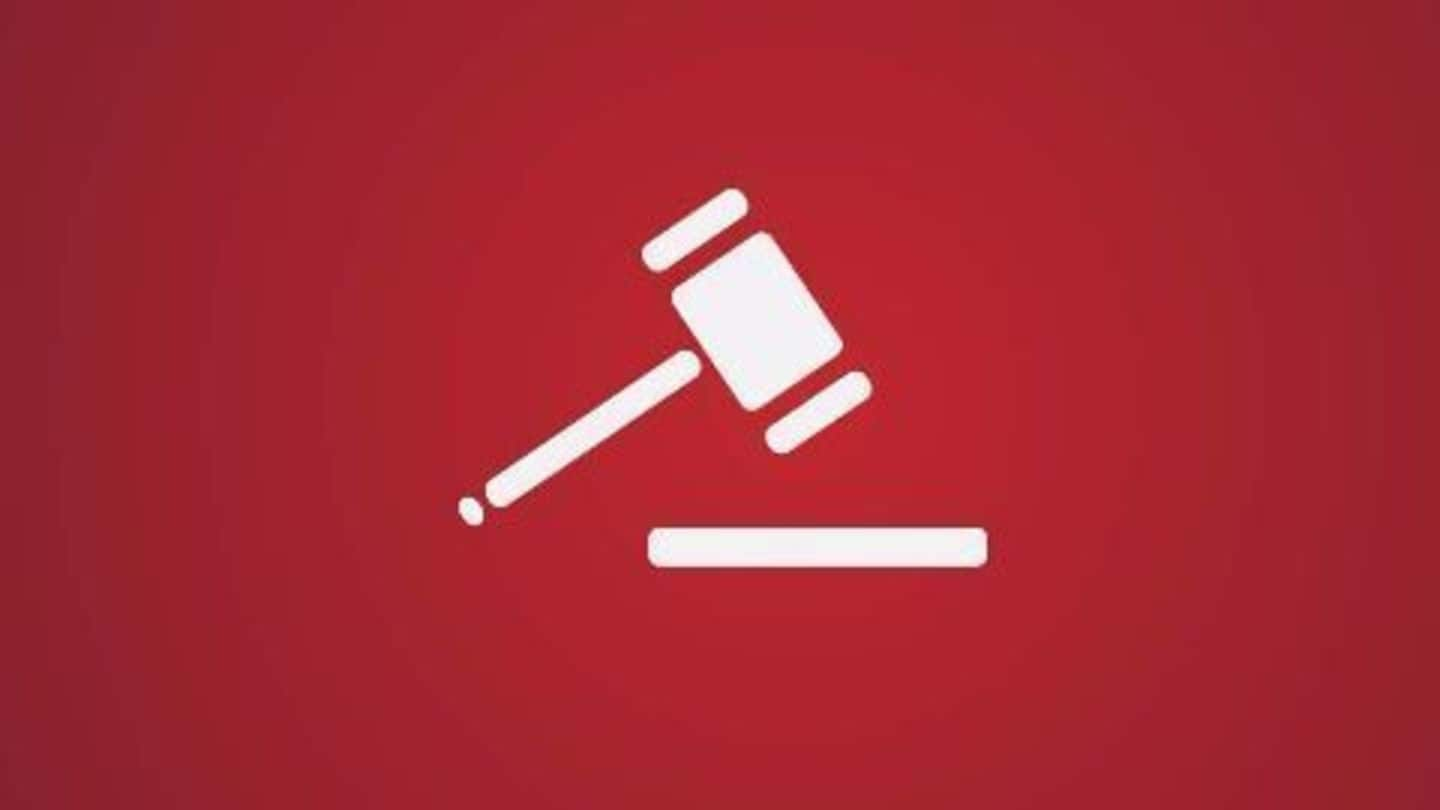
Denmark approves controversial migrant assets bill
What's the story
In a move that has drawn severe criticism from the international community, Denmark has voted in a law that allows officials to seize assets of refugees to cover housing and food costs. MPs also approved plans to delay family reunions for asylum seekers, in a bid to discourage others. The move has drawn comparisons to the confiscation of valuables from Jews during WW2.
Law
What is the new law?
The new law gives Danish authorities "the power to search clothes and luggage of asylum seekers... with a view to finding assets." Assets worth over €1,340, including cash, cell phones, wallets and computers are liable to seizure by police and border guards. Wedding rings and any other items of sentimental value are exempt. Savings and money in bank accounts will not be seized either.
Justification
How do Danish authorities justify the new law?
Denmark expects to receive around 25,000 asylum seekers in 2016, compared with 21,000 last year. Danish lawmakers defended the law saying that the policy brings refugees in line with unemployed Danes, who also face selling their assets to claim unemployment benefits. Prime Minister Lars Lokke Rasmussen described the law as "the most misunderstood bill in Denmark's history".
Information
Danish authorities: Is there a viable alternative?
70 percent of Danes rank immigration as their top political concern. Addressing opponents of the bill, Danish law makers asked: "To those saying what we are doing is wrong, my question is: What is your alternative?"
Legal Standpoint
Are countries legally permitted to do so?
Denmark is bound by the UN Refugee Convention and the European Convention on Human Rights. Seizure of cash and assets, though criticized, fall under a legal gray area within EU's and the UN's refugee laws. However, Denmark's decision to delay family reunions raises issues of "compatibility with Article 8 of the European Convention on Human Rights", said Europe's commissioner for human rights, Nils Muiznieks.
Other Countries
Do other countries in EU have similar laws?
In Switzerland, asylum seekers are to declare all assets and authorities can confiscate migrants assets worth over €1000 for a period of 20 years. In Netherlands, authorities can confiscate assets exceeding a value of €5,895 for an individual or €11,790 for a family. In Bavaria and Baden-Wuerttemberg, Germany, migrants assets and valuables worth more than €750 and €350 respectively can legally be seized.
Reactions
How have people reacted to these laws?
A spokesman for UN chief Ban Ki-moon criticised the decision, saying refugees "should be treated with compassion and respect." Johanne Schmidt-Nielsen of Denmark's opposition left Red-Green Alliance that opposed the bill, said it was "a symbolic move to scare people away." Amnesty International regional director John Dalhuisen said "this is a sad reflection of how far Denmark has strayed" from accepted EU policies.